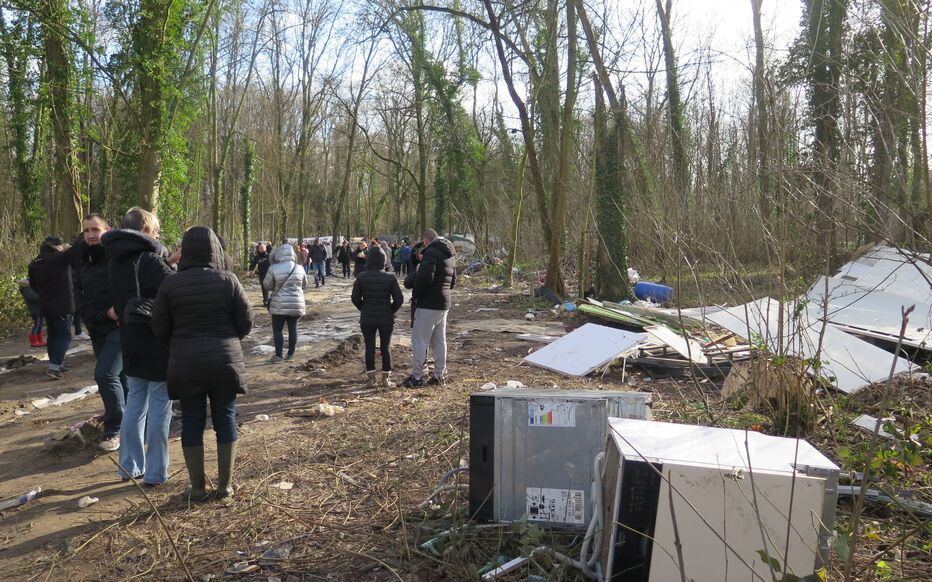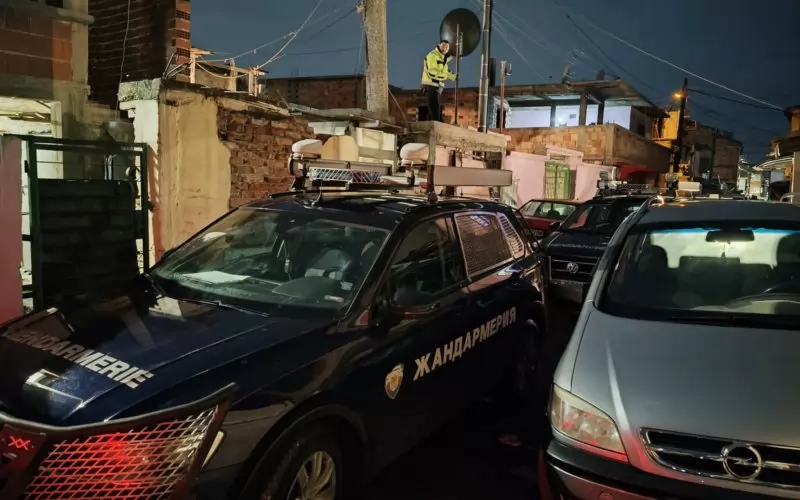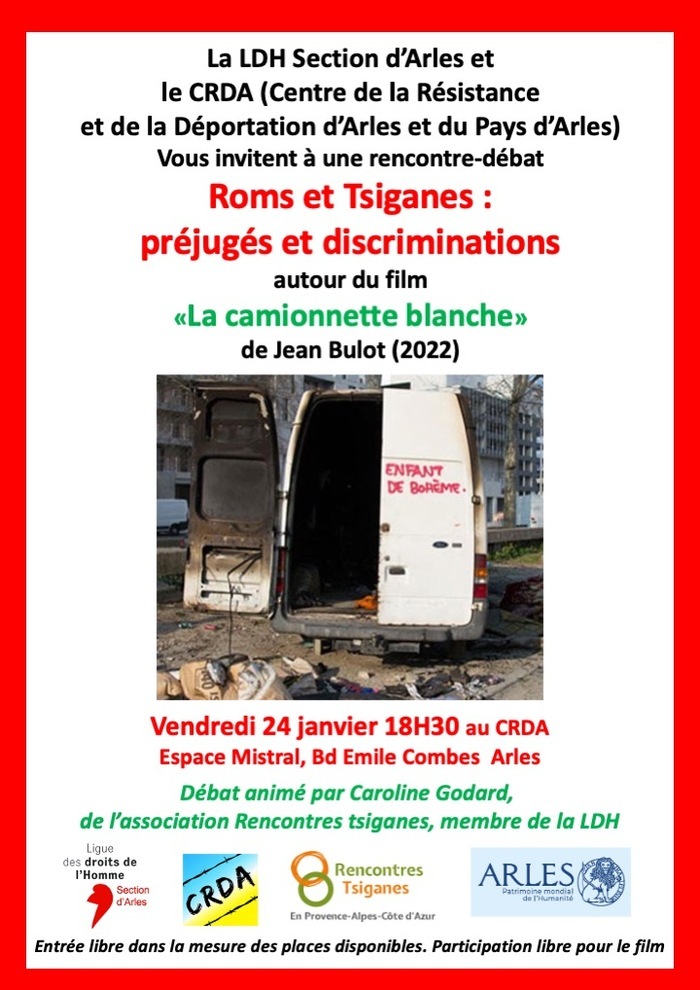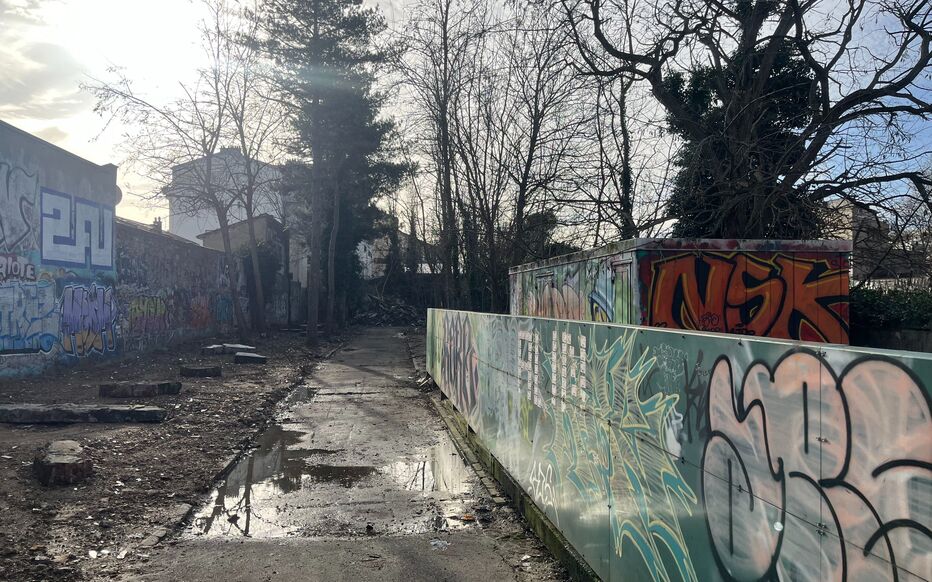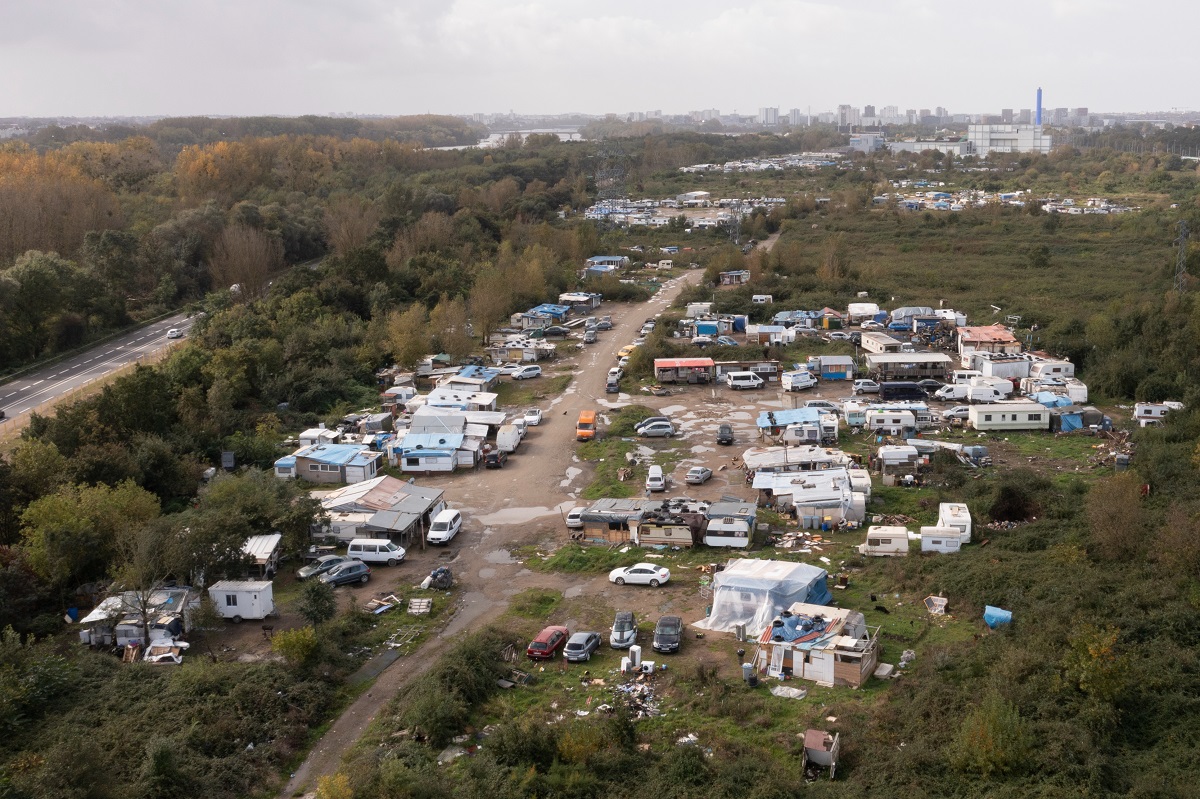Brancato (2014) reports on the fate of some 200 Rroma who were expelled from their informal settlements in mid-July. Since then, they have been wandering in the streets of Saint-Étienne and are regularly prevented by the authorities from setting up a camp at a new place. The organisation Solidarité Rom calls for a round table with the Rroma and local authorities to discuss the issue of accommodation, employment and integration. Meanwhile, the organization provides the Rroma with the essentials. However, the Saint-Étienne’s government seems to have no interest in integrating the Rroma, as the security advisor of the mayor, Claude Liogier, shows: it is not the duty of the city to find jobs for the Rroma, he states. He adds that he thinks that the lifestyle of the Rroma is very different from the customs of France. Thereby, Liogier reproduces almost an identical reasoning as the one of Manuel Valls at end of last year when justifying the continuous expulsion of Rroma. Liogier does not seem to be aware of that this is an extremely one-sided and politicised interpretation of culture. Pierre Rachet, president of Solidarité Rom, states almost the exact opposite: some thirty Rroma families, who were part of an integration program in Saint-Étienne a few years ago, now live integrated and have steady jobs. Repeatedly, the media suggest that poverty, illiteracy, educational alienation, abundance of children or living in slums are part of Rroma-culture. That these are rather the symptoms of exclusion and socio-economic hardships is hidden most of the time. Rroma belong to all social classes and should not to be equated with an underclass, as it is claimed repeatedly, also by self-appointed Rroma-experts. In France, there are living 110,000 to 130,000 Rroma, the majority of them integrated and since generations. Eventually they should also be addressed in the media (compare Despagne 2014).
- Brancato, Rémi (2014) Solidarité Roms demande l’aide des autorités à Saint-Étienne. In: France Bleu online vom 13.8.2014. http://www.francebleu.fr/infos/roms/solidarite-roms-demande-l-aide-des-autorites-saint-etienne-1702919
- Despagne, Anne (2014) Des Roms entre précarité, charité et désir de liberté. In: L’Union online vom 12.8.2014. http://www.lunion.presse.fr/region/des-roms-entre-precarite-charite-et-desir-de-liberte-ia3b24n391202
